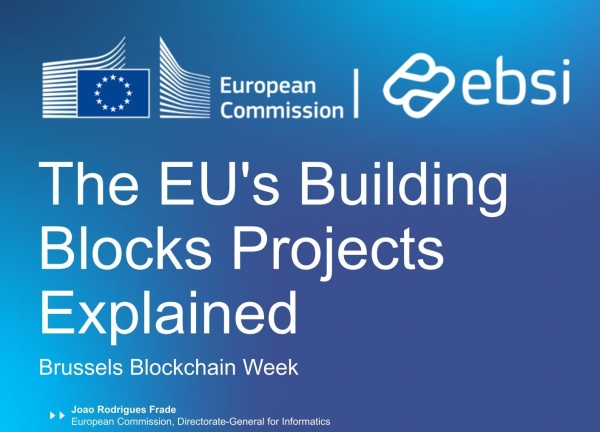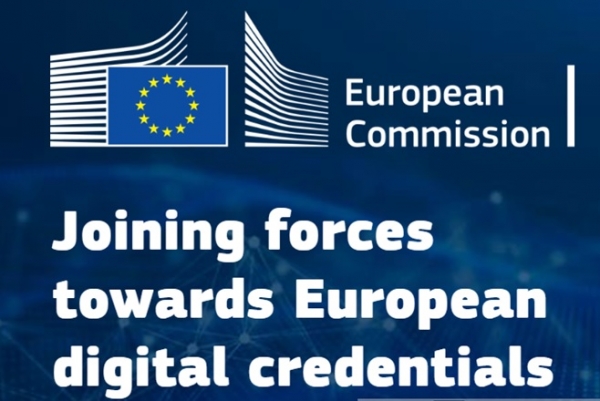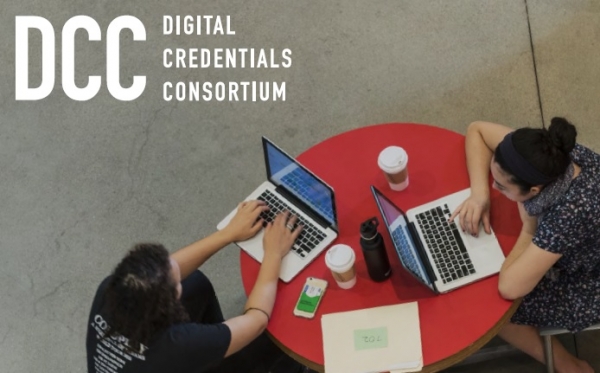Revolutionising governmental claims using Web3 technology
(Extract of article published with same title by the European Commission)
Governmental entities can issue claims about citizens and businesses easily in a Web3 consumable format, such as Verifiable Credentials, as João Rodrigues Frade, Head of Building Blocks sector in DIGIT, European Commission, highlighted at Brussels Blockchain Week, from 7 to 8 June.
European Blockchain Services Infrastructure (EBSI) helps the public sector to issue Verifiable Credentials, which become ‘reputation tokens’. EBSI is unique by making data from authentic sources of the public sector available in Web3-ready format, providing more transparency, censorship resistancy and openess to new entrants and innovators.
EBSI and Web3 have a crucial role in transforming the issuance of governmental claims, and governments have a role to play in bringing trust into the nascent Web3 economy, benefiting the citizens of Europe… Read more.
SmartDegrees has adhered to this European initiative, incorporating the Verifiable Credentials standard in its clients since July 2020, to take full advantage in favor of the universities and the final users.
Related articles: Verifiable Credentials explained, EU joins forces towards European digital credentials, «El viaje de Eva”: Integración de la identidad digital por los gobiernos europeos, gracias a la tecnología blockchain, Europa prepara su identidad digital soberana blockchain, Despega la blockchain de las administraciones europeas


